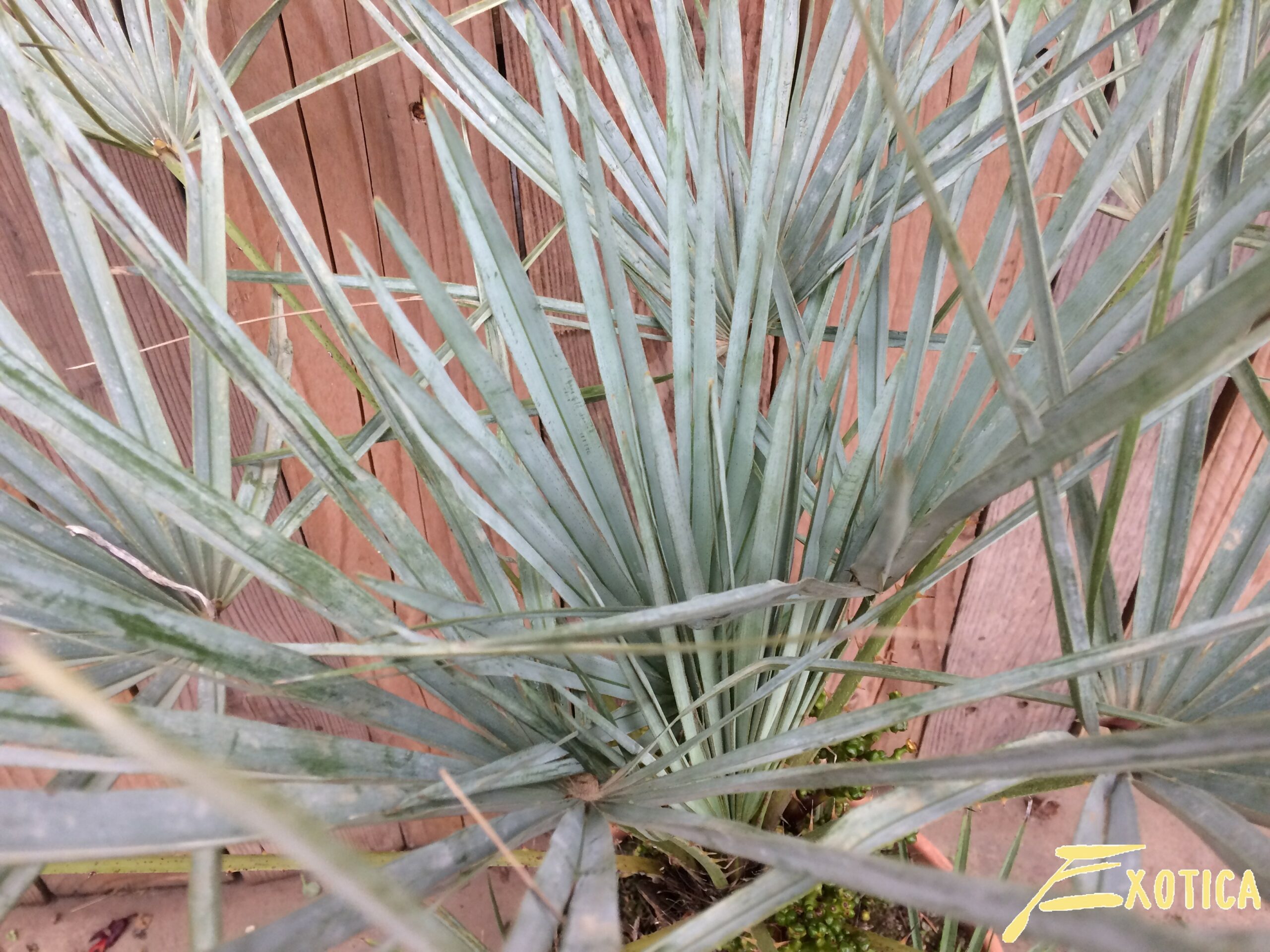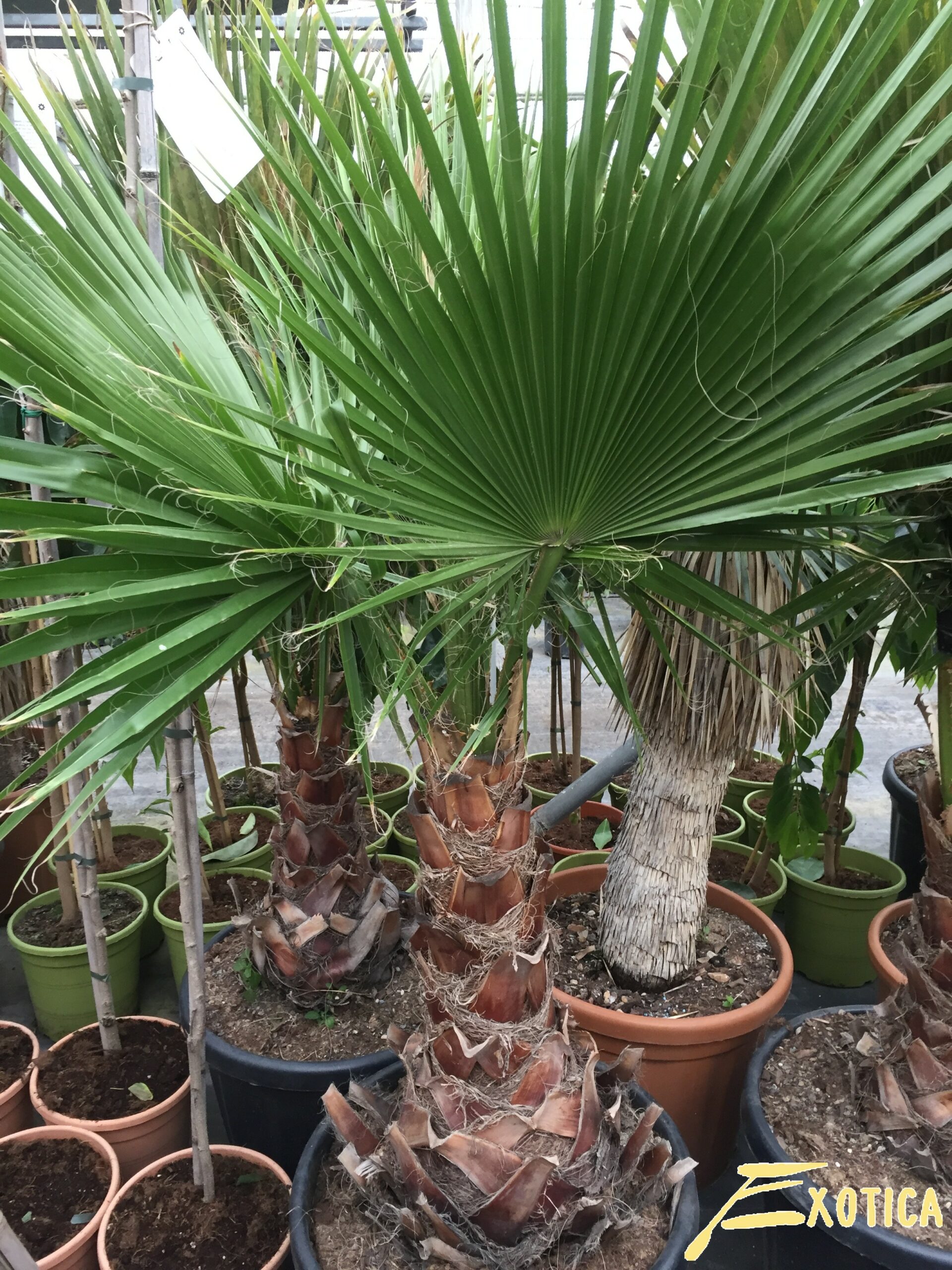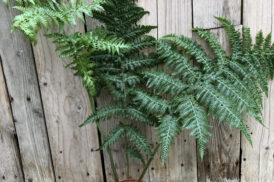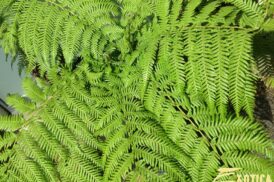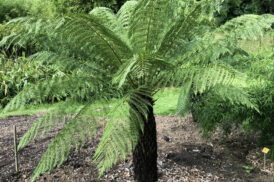Washingtonia Filifera
€119.49
| Min Temp : | -5°C |
| Location: | Sun / Partial shade |
| Water requirements : | Regular |
| Flowering period : | – |
| Scented : | No |
| Edible: | No |
| Use: | Container / Terrace plant |
| Evergreen: | Yes |
| Height: | Up to 25m |
Description
Neowashingtonia robusta / Pritchardia robusta / Washingtonia filifera var. robusta
The palm family (Palmae or Arecaceae: both are allowed) is the only family in the order Arecales. Almost 4000 species of the palm family are known. There are finds of palms that are 40 million years old. Although there are hardy (for the Netherlands and Belgium) palm species, most species occur naturally in tropics or subtropics.
Palms usually have a false trunk. The plants develop a single stem with a growing tip. The stem consists of stacked leaf bases and contains no bark. This also prevents the plant from growing in width, like real trees. Before a young palm can grow tall, a certain width must be reached.
About 5000 years ago, a palm species was cultivated for the first time. This happened with the date palm in the Middle East. Edible fruits include the awarra, date, coconut, moriche, palm peach, and salak. Palm oil is used for food preparation, soap and fuel. Palms also provide materials for household items, for example, rattan for a carpet beater and coconut fiber for a coconut mat. Less well-known are products such as sugar from the sugar palm, soap from the coconut and hearts of palm. The indigenous population often has many more uses.
